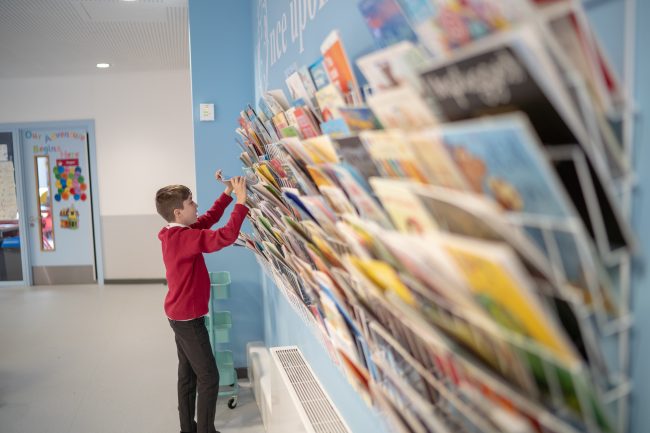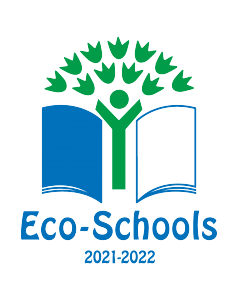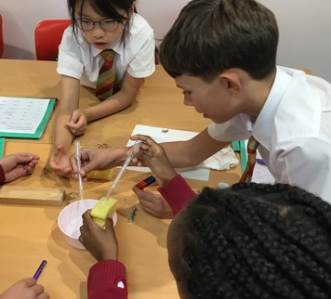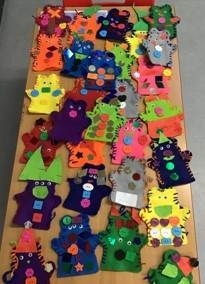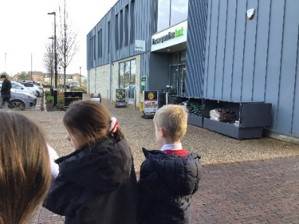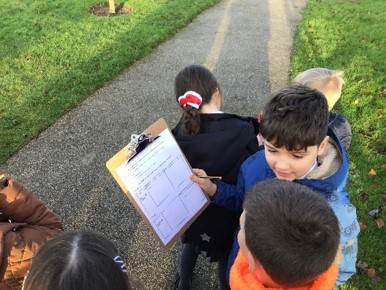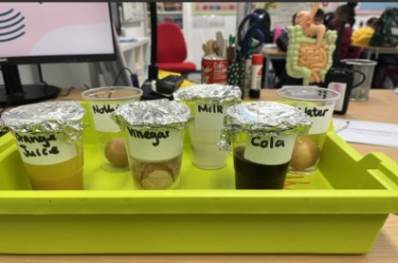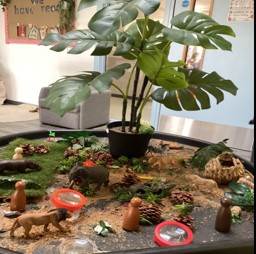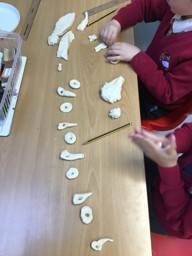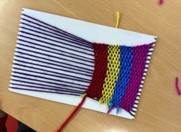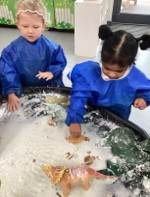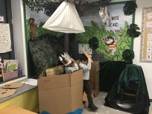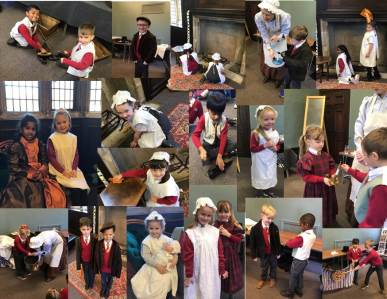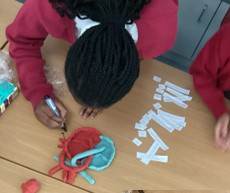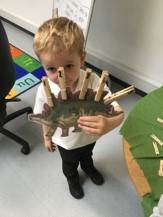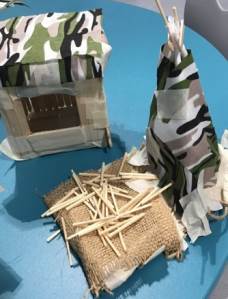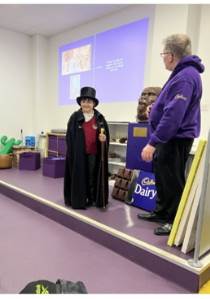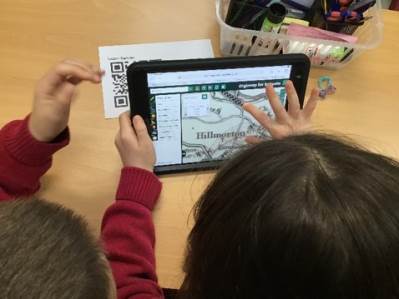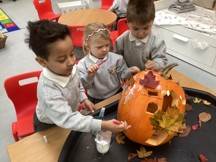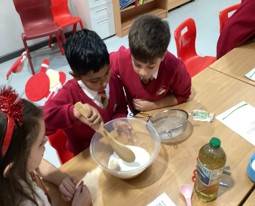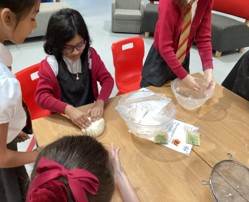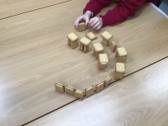Curriculum
St Gabriel’s CofE Academy’s curriculum is designed to empower our pupils to make great progress and achieve their full potential.
- Reception Curriculum
- Year 1 Curriculum
- Year 2 Curriculum
- Year 3 Curriculum
- Year 4 Curriculum
- Year 5 Curriculum
- Year 6 Curriculum
Curriculum
Subject Pages
Personal Social and Health Education (P.S.H.E.)
Early Years Foundation Stage (EYFS)
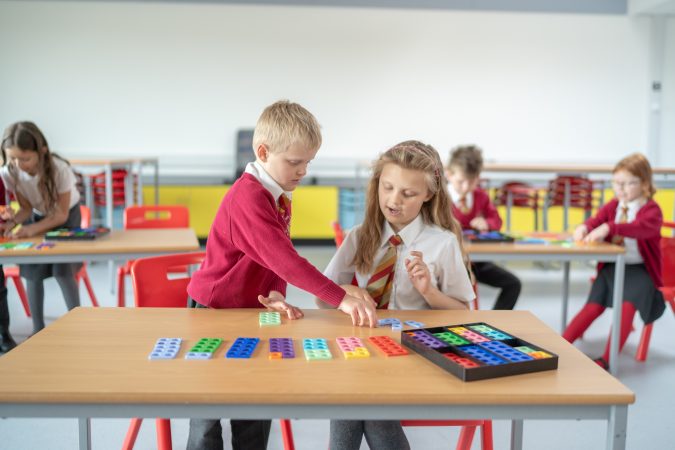
Intent
The purpose of our curriculum at St Gabriel’s is to equip our pupils with the tools they need to live fulfilled lives and be well-prepared for the opportunities, responsibilities and experiences of later life, helping them engage with and flourish in our local and global community and to captivate, excite and instil in them a lifelong love of learning.
We aim to provide an inclusive, broad and balanced curriculum which meets the needs of all pupils, challenges and inspires them and gives opportunities for them to develop holistically so that they can make great progress, achieve and lead fulfilling, safe and healthy lives.
Our curriculum uses the National Curriculum as a starting point from which we plan all of our subject learning opportunities, specific to the children of St Gabriel’s. Alongside academic progress, we plan for pupils to develop physically, mentally, spiritually, morally, socially and culturally, developing an appreciation of fundamental British values and with a deep understanding of our school values of Love, Community, Respect, Growth and Integrity.
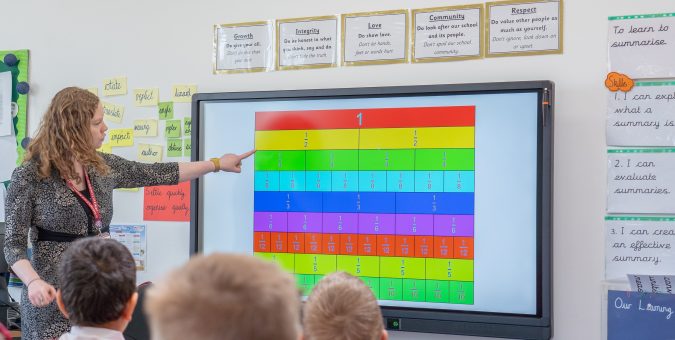
Implementation
Each week, children are taught the subjects outlined in the National Curriculum discretely to enable them to make incremental progress over time. English (including Phonics for younger pupils) and Mathematics lessons are taught daily. All of the subjects within our curriculum are mapped out across the School in long-term plans and across Year groups in medium-term plans. Teachers use these when planning units of work and individual lessons. Our subject-specific long- and medium-term plans ensure National Curriculum coverage and supports children to build their knowledge, skills and understanding logically and incrementally across Year groups and Key Stages. Leaders have identified core themes, knowledge and skills within each subject and our curriculum plans repeatedly emphasise these core elements to help our children know more, remember more and develop skills over time.
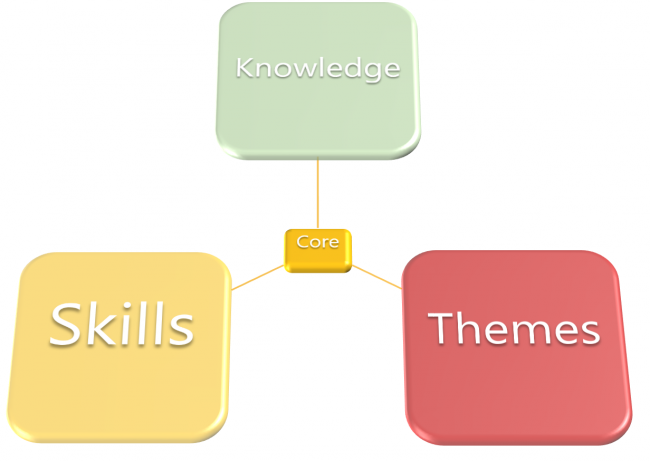
Teaching and Learning
Curriculum content is delivered through timetabled lessons which are designed to include evidence-based teaching and learning strategies to help our pupils make progress within lessons and over time. Strategies include:
- Encouraging children to interact with talk partners and groups to share and discuss their understanding and viewpoint.
- Employing assessment for learning strategies so teachers accurately assess understanding and respond by supporting and challenging children and groups of children flexibly.
- Planning opportunities for retrieval of core knowledge, themes and skills within lessons, given appropriate spacing, to help children develop their long-term memory.
- Modelling metacognitive skills by making thought processes explicit.
- Developing positive attitudes to learning and a growth mindset.
- Creating learning environments which display prompts for children and highlight core knowledge, themes and skills for subjects.
- Chunking learning to reduce children’s extraneous cognitive load whilst keeping focussed on the most germane elements.
- Utilising written and verbal feedback to support children in understanding more about their learning across the curriculum.
Lessons have a learning objective and subject-specific skills which are explained to children to help them organise what they are learning. These help drive the lesson and give shared clarity for teachers and children. Activities within lessons are thoughtfully selected to enable children to develop skills and acquire knowledge.
The implementation of the school’s curriculum is dynamic and always evolving. Teachers and leaders regularly discuss content and learning strategies based on their experience and research, they share good practice and undertake continuous professional development.
Impact
Each term, children’s progress across the curriculum is assessed, quantified and analysed. In Reading and Mathematics, standardised assessment materials are used to inform summative teacher assessments of children’s progress. Children’s writing across a range of work is assessed each term. Teachers review evidence of learning from a range of sources such as work in books and responses to quizzes in all other subjects to make judgements on standards termly. Judgements are reviewed with senior leaders, subject leaders and colleagues from other schools. Assessment analysis informs leaders on standards across all cohorts in all subjects. During lessons, Assessment for learning strategies are employed to enable teachers to identify the impact of teaching and the curriculum on the strength of understanding of the children. School leaders review the impact of the curriculum through assessments, standards of work, subject leader meetings, teacher, parent and pupil surveys and governor visits. Each year, statutory assessments are reported.
